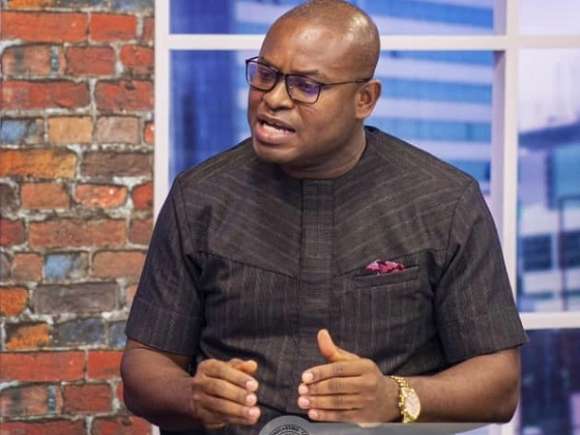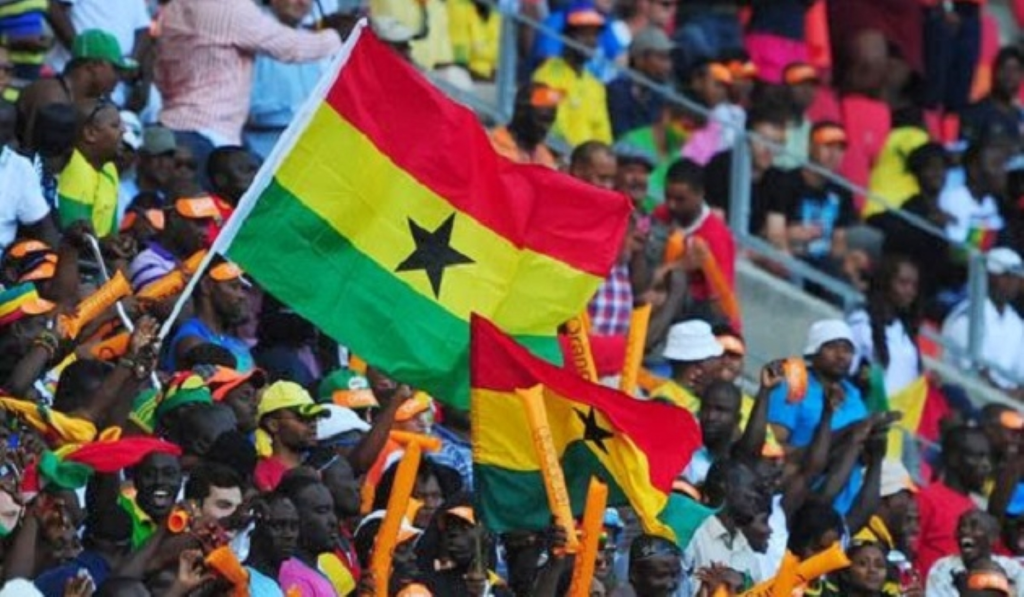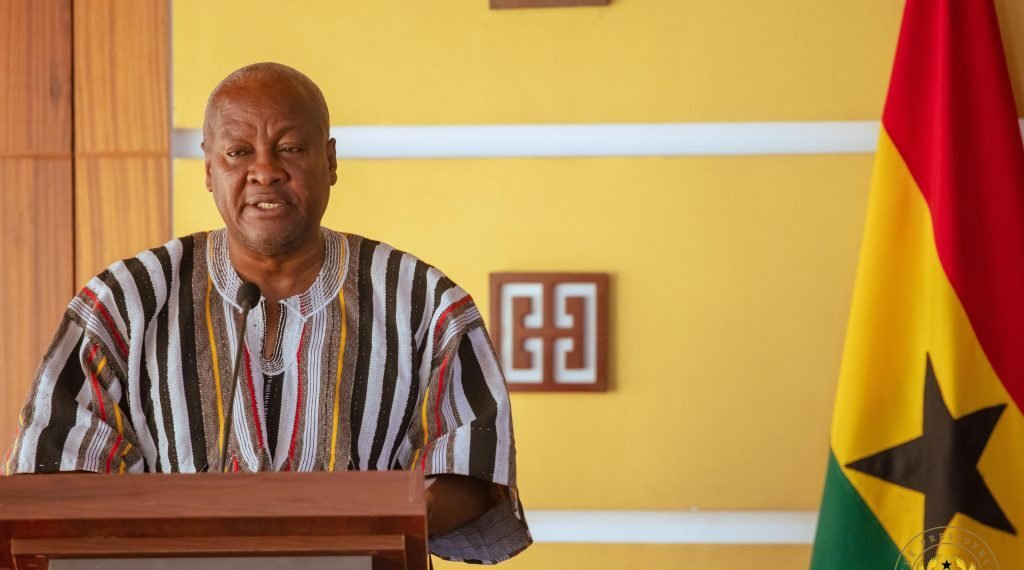Growing concerns over Ghana’s democratic values have emerged as political observers and party officials question the rising use of state power to suppress dissent and civil liberties.
Richard Ahiagbah, Director of Communications for the New Patriotic Party (NPP), has issued a strong message to President John Mahama, urging a rethink of the current approach to governance that, in his view, threatens the foundations of democracy in the Fourth Republic.
Ahiagbah pointed to a worrying pattern of arrests, detentions, and violations of basic rights under the Mahama administration.
“Reflecting on the arrests, orchestrated detentions of political opponents, and the widespread abuse of journalists and citizens, especially during the parliamentary rerun in Ablekumah North, I wonder about the essence of democracy in this Fourth Republic. What is democracy without opposition or dissent?
“Democracy, in its essence, embodies dissent and opposition. Therefore, a democracy worthy of the name cannot exist without it.”
Richard Ahiagbah,
Accordingly, he warned that this approach is not only undermining public trust but also casting a long shadow over the president’s legacy.

He underscored that when the state uses its power of arrest to create an atmosphere of fear, it weakens the very principles on which democracy is founded.
He believes that these tactics are being deployed intentionally to intimidate critics and suppress open discourse, effectively transforming state security into a tool of political control.
Furthermore, Ahiagbah invoked a globally recognized vision of democracy: Abraham Lincoln’s Gettysburg Address.
He highlighted its definition of democracy as “government of the people, by the people, for the people,” arguing that this ideal has been reversed under Mahama’s leadership.
According to him, the use of state power to sideline dissenters distorts Lincoln’s philosophy, stripping the people of their agency and placing unchecked authority in the hands of the executive.
Democratic Values, Built On Dissent
From Lincoln’s perspective, Ahiagbah outlined three democratic values that form the core of good governance: power derives from the people, citizens must actively participate in decision-making, and governance must aim to protect the interests of the people.
He cautioned that these principles appear to be absent in the current administration’s actions.
The administration, he stated, is at risk of undermining not only public confidence but also its own legitimacy by pursuing a governance style that disregards open dialogue.

“Sir, the verdict on the street is that your administration has turned these fundamental democratic values upside down.
“Ghanaians are concerned because power is transient. When power shifts, which it inevitably will, will we be expected to accept or even endorse the growing whispers that a future government must retaliate against the abuses perpetrated by your administration’s operatives against political opponents, journalists, and citizens?”
Richard Ahiagbah,
Such a scenario, Ahiagbah warned, could set a dangerous precedent, encouraging revenge politics rather than principled governance.
The consequences of today’s choices, he added, will shape the nature of Ghanaian democracy for years to come.
He urged the president to consider the long-term implications of his administration’s conduct, stating that the erosion of democratic space could invite future instability.
In his view, political transitions should not be characterized by vendettas or reciprocal persecution, but rather by respect for institutional integrity and constitutional principles.
Ahiagbah further noted that these pressing concerns may not always reach the president directly due to the filtering influence of political loyalists.
He warned that the bubble of constant praise and exaggerated approval risks insulating the president from the reality on the ground. While supporters may affirm his status as one of Ghana’s most remarkable leaders, Ahiagbah cautioned that public goodwill is waning.

He stated that despite President Mahama’s achievements, the broader perception among citizens is that his political capital has been significantly depleted. “The truth is that while you are an outstanding Ghanaian, the reality of your popularity and goodwill is spent.”
As the political climate intensifies ahead of the next elections, the call for a recommitment to democratic values is becoming more urgent.
The need for transparency, accountability, and tolerance of dissent remains a central theme in shaping the future of Ghana’s democracy. Without these core principles, the country risks veering away from the democratic ideals it has long aspired to uphold.
With mounting voices questioning the use of state power and its implications for civil liberties, the Mahama administration faces a pivotal decision: to deepen democracy by embracing dissent or to erode it through suppression.
The direction taken will likely define not only this government’s legacy but also the resilience of Ghana’s democratic future.
READ ALSO: Xandy Kamel Tackles Body Shaming in New Film



















